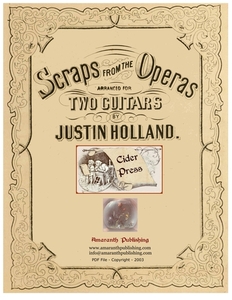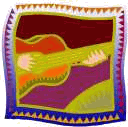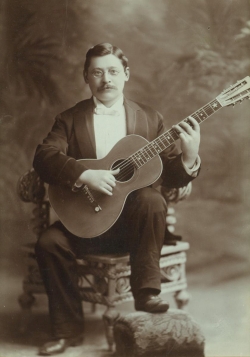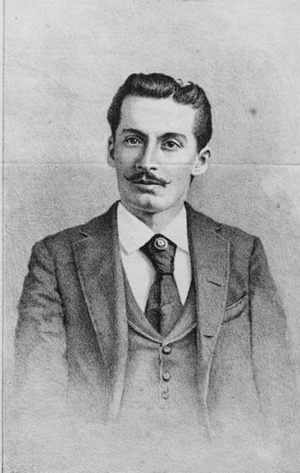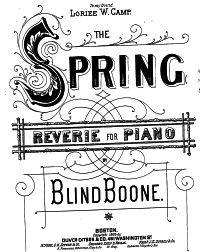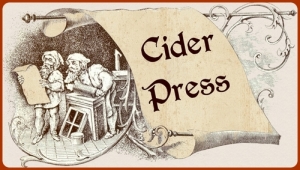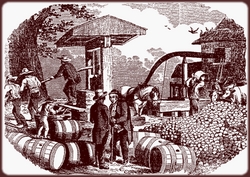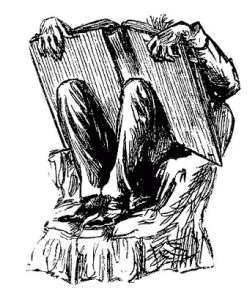Justin Holland
19th Century African-American
classical guitarist,
composer and teacher
You can download sheet music by
Justin Holland at the links below.
Justin Holland (1819 - 1877) was an African-American classical musician, guitarist, composer and arranger. It's safe to say that Justin Holland was one of the most important American guitarists of his generation. He was perhaps, the first Black man to make an important contribution to the classic guitar.
Justin Holland was born to free black parents in Norfolk County, Virginia on 26 July 1819, the oldest or second oldest of farmer Exum Holland's three sons and five daughters.The family lived near other free blacks in a neighborhood which also included whites of moderate means who owned a few slave families, and whites without slaves. Tobacco had first been the principle crop in Norfolk County, however over-production, depressed profits,and tobacco's depletion of the soil had forced agricultural diversification; so the Hollands and their neighbors most likely grew corn, cotton, Irish potatoes, grass,or fruits and vegetables as cash crops on small farms.
Justin Holland left Virginia for Massachusetts after his parents' deaths in 1833.Justin went to Boston and met Senor Mariano Perez and began the study of the guitar. Another of his music teachers was Simon Knable, a member of Ned Kendall's Brass Band who taught Holland the theory and the art of arranging.
At this time Holland also undertook the study of flute with a Scotsman named Pollock. In 1841 he entered Oberlin College in Ohio for another two years of musical study. After some travel including a trip to Mexico he returned to Ohio, married and settled in Cleveland.
Holland's Method, published in 1876, stands as one of the finest methods for the guitar instruction published in America in the 19th century.
Justin Holland was also a leader in the work to establish an accepted Masonic lodge for black Americans.
Barbara Clemenson* writes of Holland's involvement with the Free Masons:
Holland was not solely occupied with music but was also an active Mason after joining Cleveland's Excelsior Lodge No. 11 in 1862.Douglas Back** writes:
He used his talents as a linguist when he became a leader in the black Free Masons (Prince Hall). Because American white Masons did not consider the Prince Hall Masons to be legitimate, Holland began corresponding with foreign Masonic Lodges seeking recognition and support.
The Viennese Masonic magazine Der Freimaurer published a biographical article about Holland in 1877.
Holland was also directly involved with the black activists of his time.
According to Douglas Black's liner notes:
Between the years 1848 and 1854 Holland participated as an assistant secretary and member of council at National and State Negro Conventions, where he worked alongside such noted activists as Frederick Douglass. He is known to have worked with the Underground Railroad and was secretary in charge of the "Central American Land Company", an organization which unsuccessfully attempted to purchase sufficient land in Central America to institute a free black colony.Barbara Clemenson writes:
Central American colonization proved infeasible when it was opposed by foreign diplomats of those countries, but in 1858 Haiti offered free passage and aid for black settlers and emigrants began moving there. Holland himself lived in the West Indies during the Civil War, but evidently did not find there the opportunities he expected for after two years he returned to Cleveland.
![]()
We have prepared the Justin Holland sheet music as 4 collections of PDF files, containing scans of the original sheet music in an easy to print format.
The first collection, instrumental guitar pieces by Justin Holland is downloaded as a PDF file.
The new second collection, the Justin Holland Songbook, songs for voice and guitar, a PDF file.
The third collection is is our new offering of Justin Holland's 3-part complete method for guitar along with one his compositions "An Adante" downloaded as 4 PDF files.The new fourth PDF file is a collection of guitar duets that Justin Holland transcribed from various opera.
All of these PDF files can be easily printed on any standard printer, using standard sized paper. All of the scans of the original sheet music have been graphically transformed into black and white images for the easiest printing.
You can make a secure payment using a credit-card or Paypal at the links below.
After your payment is processed you will be immediately sent an email with the download link.If you have any questions, contact us by e-mail.
Works For Solo Guitar La Prima Donna
Waltz
Download the solo guitar music of
|
Songs For Voice & Guitar Still I Love Thee
|
Download the Method & Andante
|
More early guitarists
And.....
|
![]()
|
|
Explore - The Amaranth Publishing web pages  including the music of the spheres, the music of a Renaissance alchemist, music created by software and artificial intelligence, the music of the fairies, the music of the Illuminati, the world's most mysterious book, the world's oldest song, a way you can compose music like Mozart, the world's oldest love song, including the music of the spheres, the music of a Renaissance alchemist, music created by software and artificial intelligence, the music of the fairies, the music of the Illuminati, the world's most mysterious book, the world's oldest song, a way you can compose music like Mozart, the world's oldest love song, and much more........ |
|---|
" Barbara Clemenson writes in her article in a journal of Case Western Reserve University, Justin Holland: Black Guitarist in the Western Reserve
**Guitarist Douglas Back in the liner notes for his recording which includes 5 pieces by Justin Holland
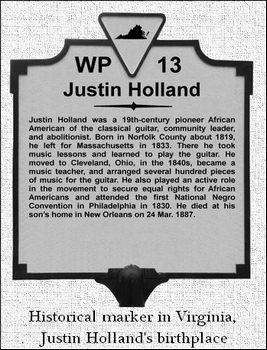
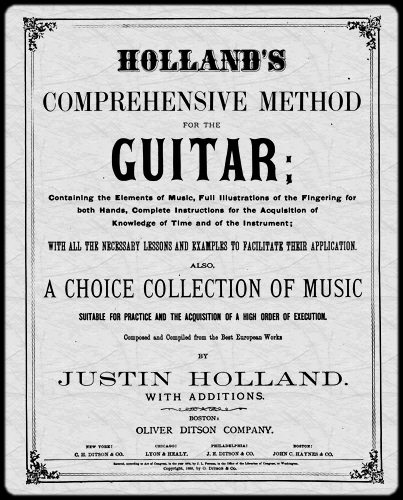
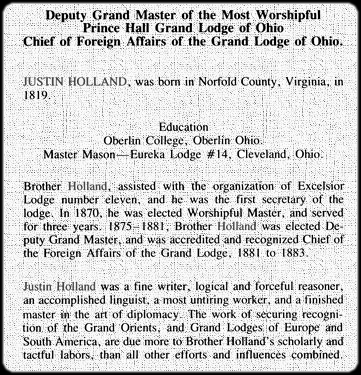
 La Fille
Du Regiment - Donizetti
La Fille
Du Regiment - Donizetti 
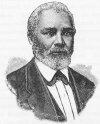 Guitar Duets
Guitar Duets 